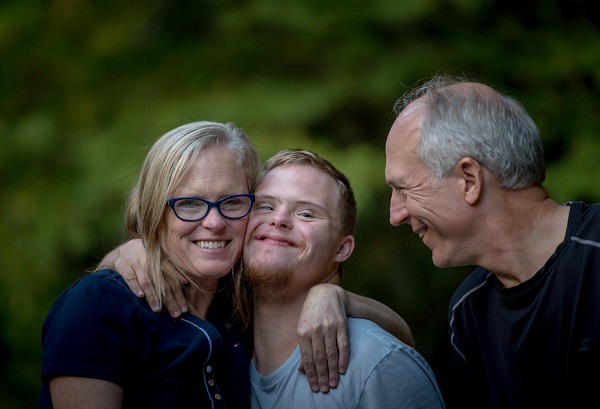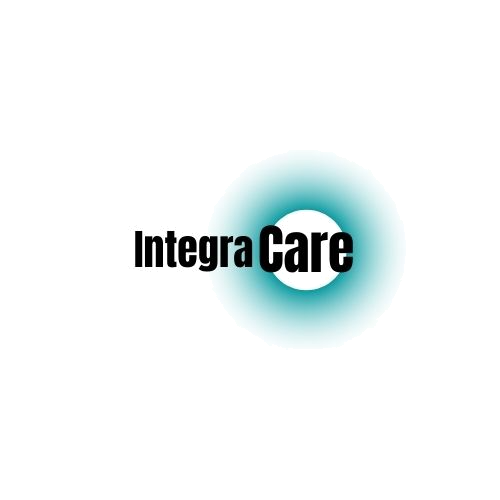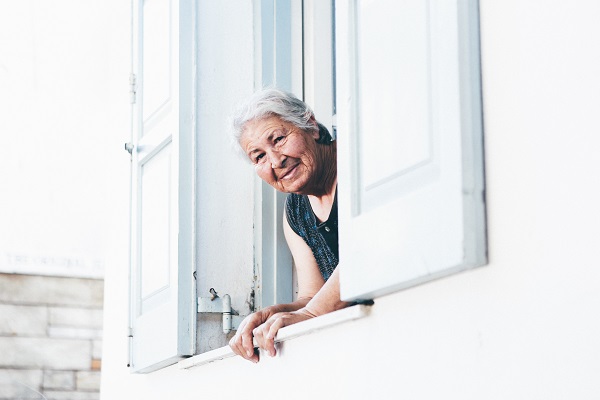Fortunately, the concept of dependent person has changed over the years, and now this collective is destined to play the most active role possible in society.
The Spanish law for the Promotion of Personal Autonomy and Care for people in a situation of dependency establishes that dependent people are those who are in a “permanent state (…) who, for reasons derived from age, illness or disability, and linked to the lack or loss of physical, mental, intellectual or sensory autonomy, require the attention of another or other people or important help to carry out basic activities of daily life or, in the case of people with intellectual disability or mental illness, of other supports for their personal autonomy ”.
Promoting the possibility for these people to develop an independent and autonomous life requires new frameworks of action, new organizational approaches and new professional practices. The World Health Organization called for a paradigm shift in the way health services are financed, managed and delivered in its “Global Strategy on People-Centered Integrated Health Services 2016-2026“, in order to address some of the most pressing challenges facing health systems around the world, such as population aging, urbanization and globalization of lifestyles. This paradigm shift is oriented towards person-centered care, which it defines as the “approaches and practices of care that see the person as a whole with many levels of needs and goals, and these needs come from their own personal social determinants of the health.”
From the first interaction with the dependent person, it is important that the multidisciplinary team that cares for them carries out a collaborative review of their needs and abilities, which should cover many areas: family life, lifelong learning, health and safety, freedom, social and community activities.

Reality shows, however, that it is not always easy to use this approach, mainly because all the professionals who assist the dependent person are specialists in their field (psychologists, social workers, physiotherapists, nurses, doctors, etc.) and it is from that point of view from which they try to improve the user’s life. It is important to develop a training program that allows the different professionals to be motivated, offering them tools and skills to be able to put this care model into practice through an immersive and/or combined approach (face-to-face and online).

Thus, Media Creativa is part of the team developing the IntegraCare project – Person-Centered Care Training Program for Multidisciplinary Professionals, together with PREDIF-IB, as the leader of the initiative, and partners from four other European countries: the Athenian Association of Alzheimer’s and related diseases (Greece), the Tallinn Health Training Institute (Estonia), the Małopolska Chamber of Local Government Foundation (Poland), and the COOSS Social Cooperative (Italy).
The main objectives of this project are:
-
Tp promote personal autonomy, active and healthy life of dependent people.
-
To empower health and social professionals who work with vulnerable and disabled people to be able to apply person-centered treatment models.
-
To raise awareness about the link between person-centered comprehensive care and the quality of life of dependent people and its central dimensions: emotional well-being, interpersonal relationships, material well-being, personal development, physical well-being, self-determination, social inclusion and rights.
Get to know more about the project in the website WWW.INTEGRACARE.EU and our social media profiles

